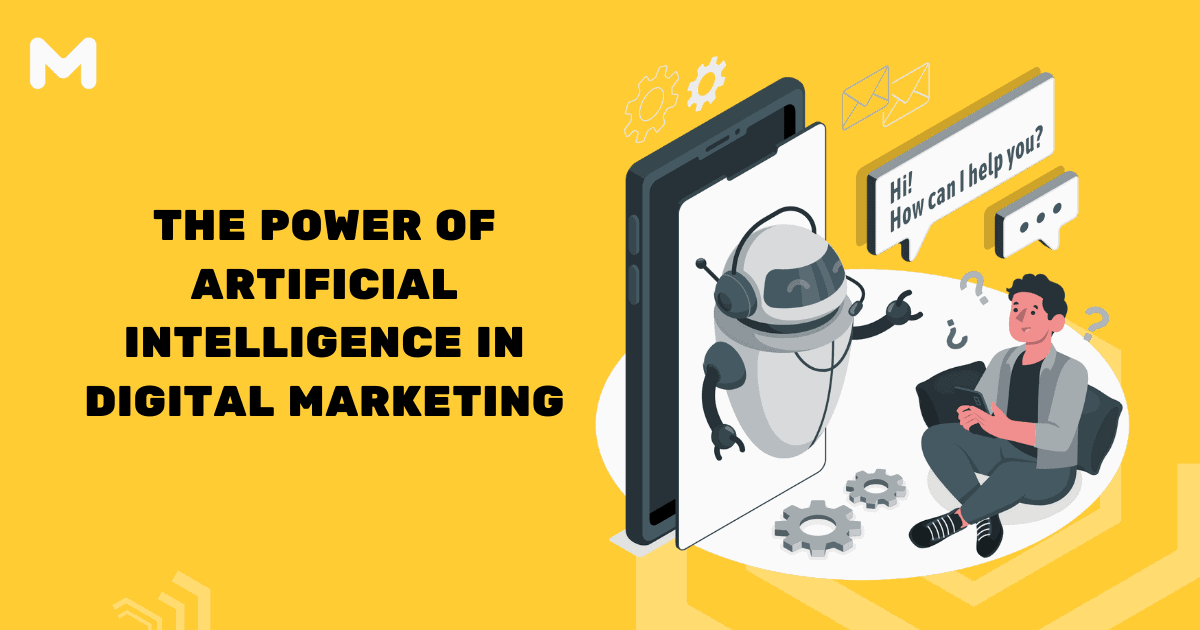Artificial intelligence (AI) has revolutionized the world of digital marketing, making it more efficient, precise, and personalized. In this article, we will explore the journey of AI in current digital marketing trends and how it can affect the future of the industry. AI-driven tools such as predictive analytics, chatbots, and content personalization are transforming how businesses interact with their audiences by delivering tailored experiences at scale. However, alongside these advancements come notable challenges in digital marketing 2023, including data privacy concerns, algorithm biases, and the need for continuous adaptation to evolving AI technologies. Overcoming these hurdles will be crucial for marketers to fully harness the potential of AI while maintaining consumer trust in an increasingly competitive landscape.
The Journey of AI in Digital Marketing
From chatbots to personalized recommendations, AI-powered tools have transformed the way marketers approach digital marketing. Machine learning and deep learning algorithms analyze vast amounts of data, identifying patterns that can help marketers optimize their campaigns and reach their target audiences more effectively.
Challenges of AI in Digital Marketing
AI algorithms require high-quality data to operate effectively, and if the data is incomplete or inaccurate, the algorithm’s results may be unreliable. Additionally, potential bias in algorithms can lead to unintended consequences.
Solving Hidden Challenges with AI
Despite these challenges, AI can also help solve some of the hidden challenges in digital marketing. AI can help identify patterns and correlations in consumer behavior that may not be immediately apparent, optimizing campaigns and improving ROI.
Impact on Human Workforce and Creativity
AI cannot replace human creativity and intuition. Instead, AI can help marketers focus on more creative tasks while automating routine tasks.
The Power of AI in Digital Marketing
The power of AI in digital marketing lies in its ability to analyze vast amounts of data and identify patterns that humans may not be able to see. AI can also automate many routine tasks, such as data analysis and campaign optimization, freeing up marketers to focus on more creative tasks.
Benefits of AI in Marketing:
- Improved audience targeting and personalization
- More efficient and cost-effective campaign management
- Real-time optimization and data-driven decision-making
- Enhanced customer experience through chatbots and virtual assistants
- Improved ROI through better campaign performance and conversion rates
In conclusion, AI is rapidly transforming the world of digital marketing, and its impact will only continue to grow. As marketers continue to adopt AI-powered tools, they will be better equipped to create more personalized, efficient, and effective campaigns.
